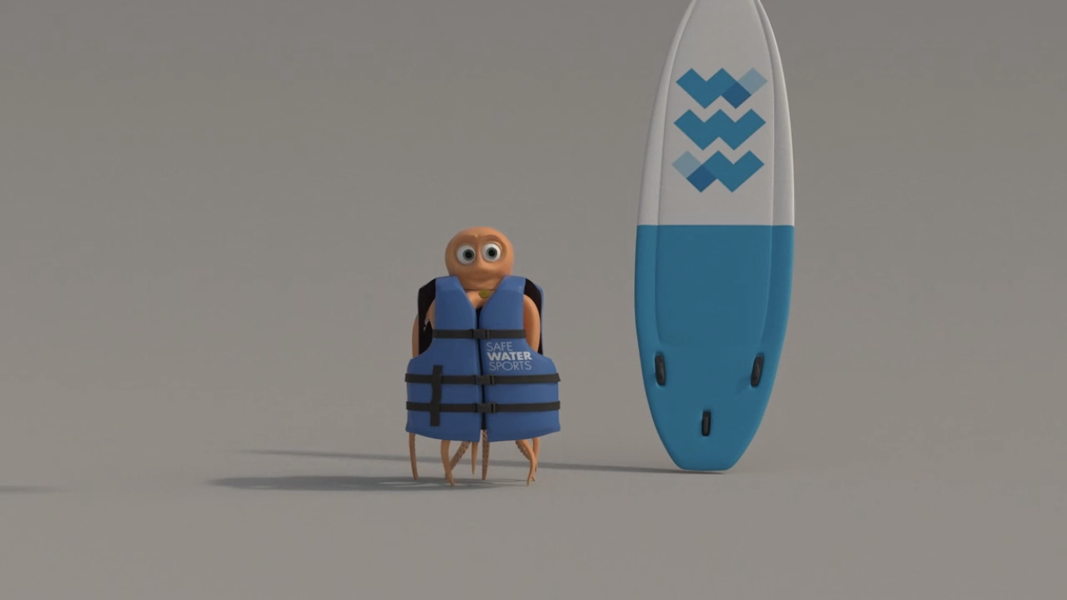
Diving into the Work of SafeWaterSports
This particular incident, which took place this summer in Greece off Corinth, had a happy ending when the girl in question was rescued by a passing ferry. Unfortunately, however, this is not always the case. Official figures confirm this: in Greece, drowning at sea is the second leading cause of accidental death for children 14 and under. Every year, 344 people lose their lives, on average, in Greece’s waters.
Sadly, many these deaths could have been avoided—hundreds of lives saved—with effective water safety education for adults and children. The flipside of the tragedy of preventable deaths is the opportunity to prevent more in the future. SafeWaterSports saw an opportunity to disrupt these patterns and get the number of deaths down toward zero.
Since 2015, when the organization was founded, it has been working to formulate a solution to this deadly problem, approaching it from every angle. A major first step was inspecting water sports centers, since a large proportion of them operate outside the law. For this reason, the people at SafeWaterSports have developed an integrated information system for registering the centers, which they then shared, for free, with Greek and Cypriot port authorities to facilitate their work digitally managing permits, controls, and violations.
At the same time, they created a free, easy-to-use mobile application (for both android and apple) for anyone wanting to access safety-related information about more than 3,400 beaches in Greece and Cyprus. It includes the depth of the water, the presence of lifeguards, accessibility information for people with disabilities, applicable safety regulations for each water sport, details on legal and certified water sports businesses, and more.
Legislation was another area that the SafeWaterSports team focused on, given dangerous loopholes and gaps that existed. One of their legislative initiatives pushed for the establishment of lifeguard schools on beaches.
But the organization has placed particular emphasis on education for children, because water safety and respect for the sea are best cultivated from a young age until they gradually become second nature.
And what’s the best way for kids to learn? Fairy tales starring an octopus, sea musketeer conferences, Playmobil toys, puzzles, and board games all figure into opportunities for educational play offered by SafeWaterSports inside and outside the classroom. Learning takes place through a custom e-learning platform that includes more than 50 activities and an interactive, experiential, water safety kit developed by the organization. In the four years this initiative has been running, it has reached more than 160,000 children.
The organization’s most noteworthy achievement, however, is also its most recent. Just a few weeks ago, the Greek Ministry of Education announced that SafeWaterSports’ educational program, which was designed and implemented through a founding grant by the Stavros Niarchos Foundation (SNF), will be taught as an integral part of curriculum, to primary school students across Greece.
Now students will leave school with new abilities in math, reading, and writing—but also with the ability to keep themselves and others safe in and around water.